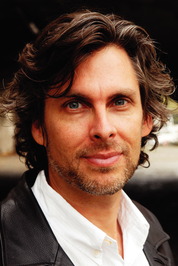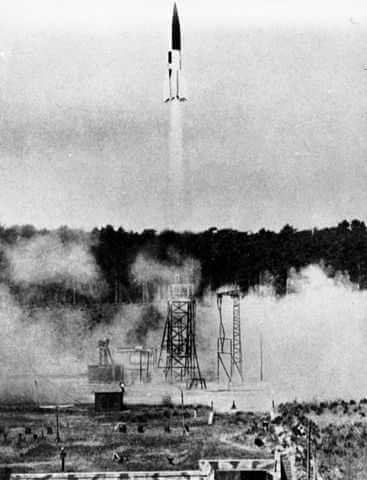Pulitzer Prize-winning author and Pittsburgh-native Michael Chabon’s latest novel is an absorbing fictional memoir that is based in large part based on a dying man’s recollections to his writer-grandson as he looks back on his life. Inspired by Chabon’s own deathbed visit to his grandfather in Oakland, California in the 1980s, the author blurs the line between autobiography and outlandish fiction so successfully that the reader has no idea what is true and what’s pure fantasy (although we can hazard a guess at times).
Mr. Chabon gleefully warns the reader of this in the preface to the novel, writing “I have stuck to facts except where facts refused to conform with memory, narrative purpose, or the truth as I prefer to understand it. Whatever liberties have been taken…the reader is assured that they have been taken with due abandon.”

It is life, with a dash of the fantastic. It is a languidly paced hallucinatory haze of a trip through time and around the world, from the grandfather’s beginnings in South Philadelphia in the 1920s to WWII Germany in the 1940s, to the very end of his life in California in 1989. Throughout, the reader discovers he’s lived a remarkable life. He was, in turns, a juvenile delinquent, a pool hustler, a solider, a salesman, a prisoner and an engineer, but he always obsessed with the moon—indeed, with anything celestial.
The novel begins with the narrator, “Mike Chabon,” basking in the success of a debut novel, visiting his notoriously tight-lipped grandfather. Dying of bone cancer, the man’s tongue is loosened with a dose of heavy narcotics and he is ready to finally tell the story of his incredible life.
“After I’m gone, write it down. Explain everything. Make it mean something. Use a lot of those fancy metaphors of yours. Put the whole thing in proper chronological order, not like this mishmash I’m making you.” To that end, the narrator does not quite succeed, nor would you want him to—the book jumps from one period of time to the next quite willingly.
Chabon’s work has taken the form of a memoir, and memories are not always orderly. They are a chaotic and jumbled mess at times, as is life. This is where the work transforms from ordinary to extraordinary and becomes a study in the power and importance of memory, even as a life is fading.
The first few pages serve to illustrate this colorful man’s volcanic rage. In one particular episode, the grandfather he commits an act of workplace violence so spectacular after his firing that a prison sentence is warranted. Honestly, after a beginning like that, I didn’t need much more to be sucked into the sprawling scope of this book.
Beginning in 1920s and ‘30s South Philadelphia, the narrator recounts his grandfather’s hardscrabble and delinquent early years getting into fights with the other neighborhood boys, stealing coal and causing a ruckus with his brother, to his first sexual encounter with a recently-fired sideshow hermaphrodite.

From there, Mike takes the reader through his grandfather’s time in the military where he becomes an intelligence officer hunting down Nazi V-2 rocket engineers in the early 1940s. It is there, as he witnessed some of the very worst moments in humanity’s history, that this amiable tough-guy became the closed-off man that the narrator knows. After being discharged from the military, he is left to pick up the scraps of life and begin again. For all his tough exterior, he could never escape the lasting damage from the war.
It is around this point, in 1947 and living in Baltimore with his rabbi-turned-hustler brother Ray that Chabon’s grandfather meets and marries a kindred spirit in the narrator’s grandmother; a French refugee and Holocaust survivor with a charismatic personality.
She is also broken. Unable to escape the memory of atrocities committed during the war and haunted by visions of a skinless horse, she descends into madness after suffering a miscarriage in the 1950s. As the book settles into the rhythm of an ordinary family-centered midlife, she becomes the center of his grandfather’s being and serves as the family storyteller.
Artfully interspersed throughout the zig-zagging timeline are the grandfather’s romantic escapades in his Florida retirement community during the mid- to late 1980s, the grandmother’s tales and most importantly, the narrator’s own childhood anecdotes, which serve to bring the reader back to the present situation.
These fictional remembrances, no matter the decade, blend together seamlessly in lyrical and beautifully rendered prose, which in parts is both ridiculous and poetical. It is a story of the fierce power of one’s love for their partner, the dark beginnings of our space race, and finally, of the wondrous life of a stoic man who found the strength to lay bare his secrets and untether himself from this life.
-Whitney Z.

